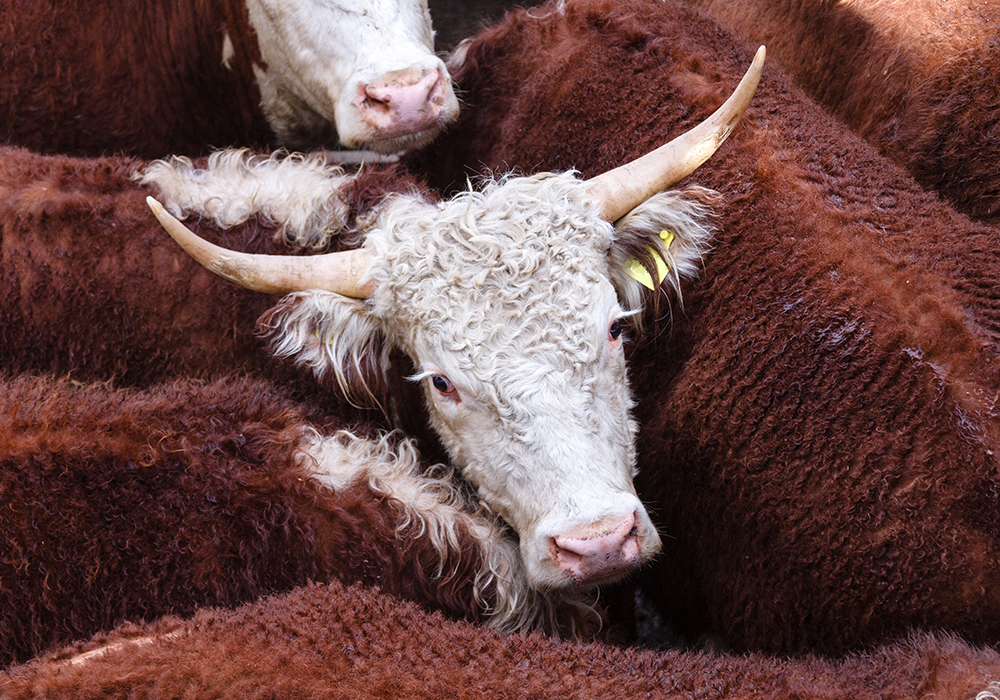Consumers are worried about US meat arriving in the UK. However, they are also concerned that more UK farms are mimicking the ‘industrial-sized’ units from across the Atlantic.
In a January 2021 survey by the Soil Association, 38% said ‘US-style industrial pig and chicken farms’ should be banned here. Animal welfare (80%) is the main concern, followed by health of consumers (59%). However, almost half (47%) are worried about the impact on the environment.
Nearly one in two consumers (49%) are also worried that ‘US-style industrial farming’ is increasing in the UK. Should they be?
In 2017 Michael Gove, then environment secretary, said not on his watch. “I do not want to see, and we will not have, US-style farming in this country,” he told MPs. “We have a world-leading reputation based on doing things better and that will not be compromised,” he explained, albeit with the caveat “while I am in this department”.
He isn’t anymore. And data compiled by the Guardian and the Bureau of Investigative Journalism last year showed the number of permitted intensive livestock facilities in England had risen 7% since 2017 to 1,313 in February 2020. Of these, 1,092 were poultry and 221 were pig units, up from 1,016 and 210 respectively. In Scotland and Wales the number of these farms had risen 10% and 21% respectively.
The NFU maintains that UK legislation limits the stocking density. There are also rules on biosecurity, lighting, diet and veterinary oversight, the union’s deputy president Stuart Roberts told i this week. “In the US and other countries there are no federal controls on what are deemed in the UK to be fundamental welfare requirements.”
Chicken farms that have capacity to house at least 40,000 poultry birds are classed as ‘intensive’, while pig farms must have 2,000 pigs raised for meat or 750 breeding sows.
These facilities require a permit from the Environment Agency to operate. However, data released recently show that farm inspections are few and far between. Through an FOI request, Salmon & Trout Conservation showed farmers could expect a visit from the regulator once every 263 years. This covered all farms, not just those classed as intensive, but there are concerns that environmental regulation of farms is far from perfect.
Rob Percival, policy lead at the Soil Association, said: “We need a shift to agroecology – farming that works with nature through crop diversity, looking after the health of soil, wasting less, integrating trees into the farmed landscape and ensuring animals have plenty of space as well as a good diet.”
In a report, ‘Ten years to agroecology and sustainable diets’, published alongside the survey, the Soil Association called for farmers to be supported to transition away from intensive livestock. Public procurement should be used to create a secure demand for the meat produced in more extensive systems, the organisation said.














